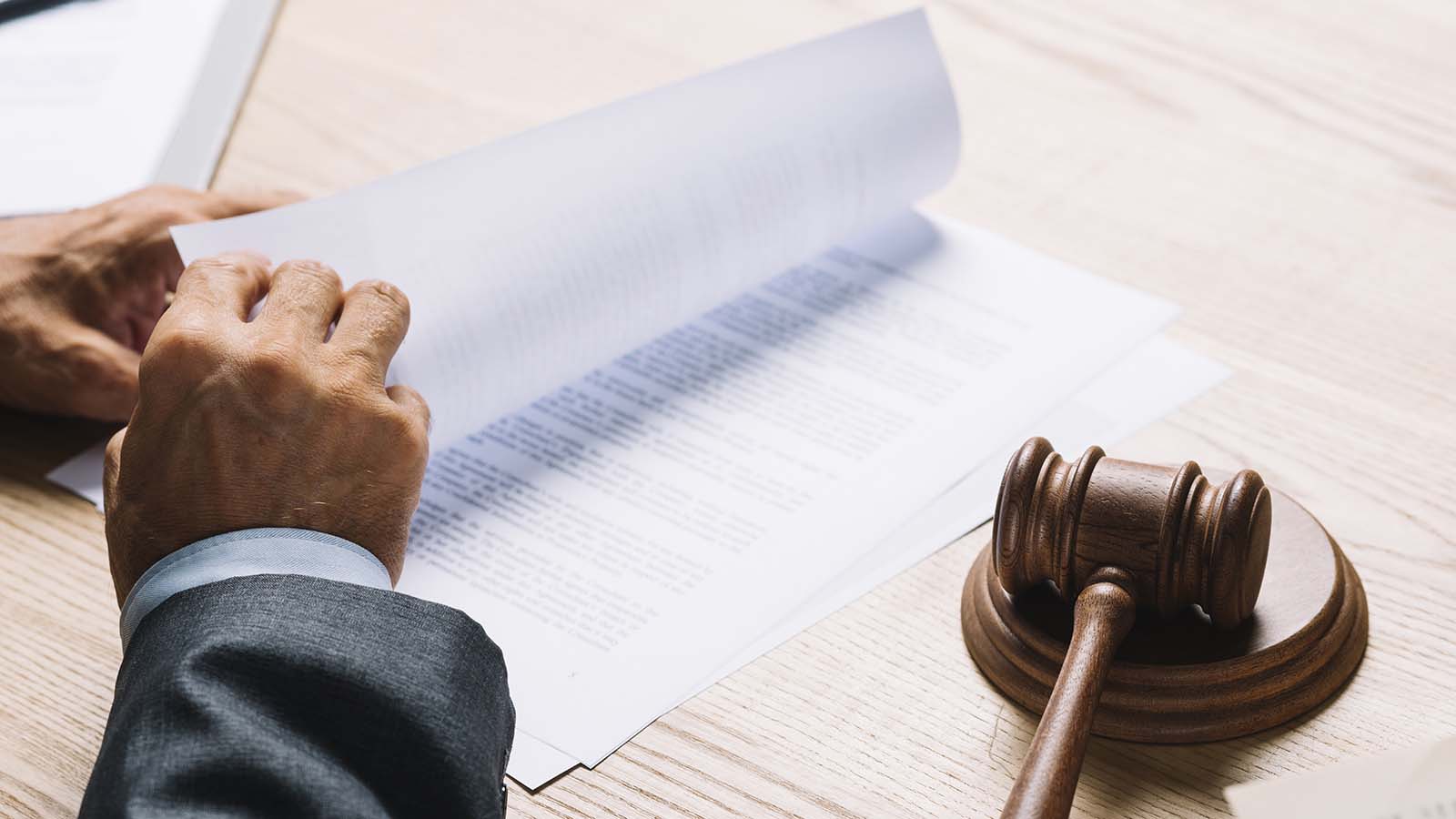If you feel overwhelmed by debt and can’t see a way of repaying what you owe, bankruptcy might offer a solution. Over 100,000 people are declared bankrupt every year in the UK, but is it the right option for you?
At Credit Action we know how confusing and stressful finding a debt solution to match your circumstances can be. If you feel that bankruptcy might be an option for you, or if you just want to learn more about it, read on below and don’t forget to click through to our detailed guides.
What is bankruptcy?
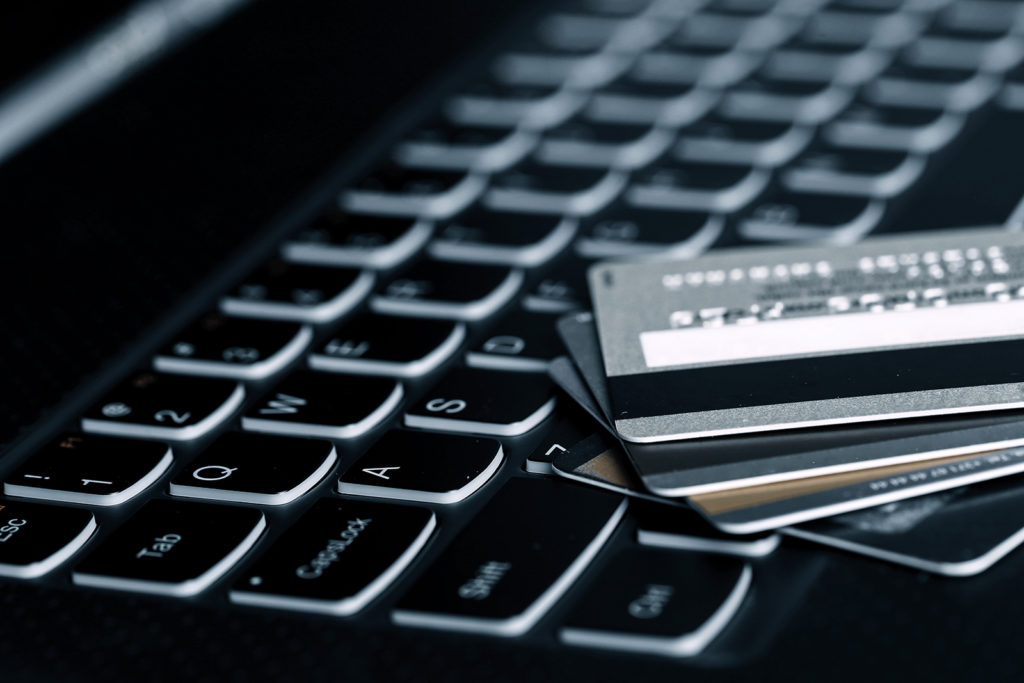
Before deciding whether it’s for you, it’s important to know just what it is and to seek debt advice. In plain terms, bankruptcy is an insolvency solution that can give debtors a fresh start by writing off many kinds of debts that they would otherwise be unable to pay. It is a legal status that usually lasts for a 12 month period, during which time some of your assets (including property and certain items of value) along with any surplus income will be used to pay your creditors. Once you have been discharged at the end of the period, any debts that remain can be written off.
Becoming bankrupt is a serious business and is likely to have a major impact on you, both during the process and in the future. For one thing, the process places debtors under lots of restrictions and in some cases, their employment might be affected. Although creditors are prevented from contacting or bringing legal proceedings against bankrupt debtors, your credit record will still be affected, and you may find it much more difficult to access credit in the future.
Read on for more information about how it works, which parts of life might be affected and the advantages and disadvantages of dealing with debt in this way.
How to declare bankruptcy?
You can file for bankruptcy online and will need to provide information about your total debt, income and regular outgoings. Applications are reviewed by officials from the Insolvency Service who will usually provide a decision within 28 days. If you owe more than £5,000, your creditors can also apply to make you bankrupt without your permission.
If your application is approved, an Official Receiver will be appointed and will begin to administer your debts as best they can. This might include reviewing whether any of your assets could be sold to settle part of your debt. At the end of the period, any remaining debt that was included will be written off.
Frequently Asked Questions
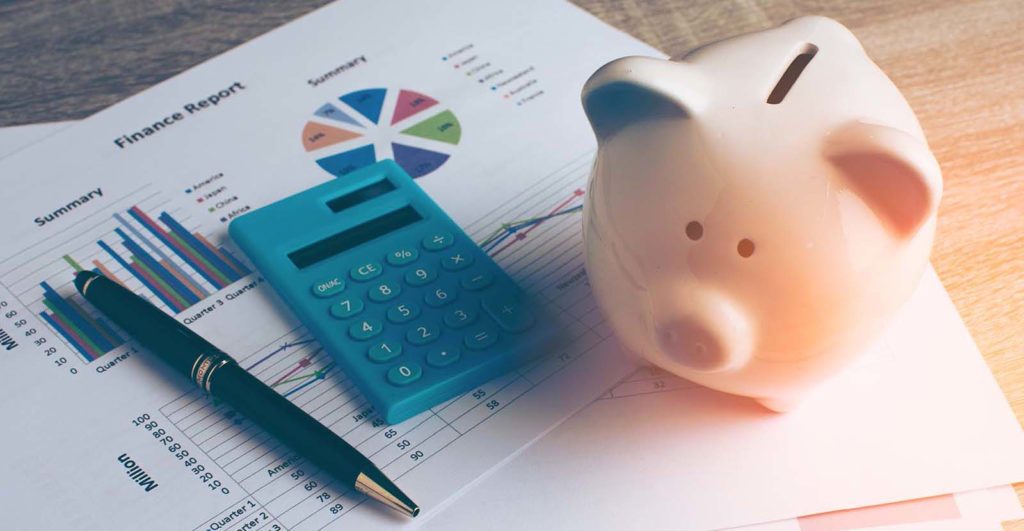
Bankruptcy is a complex process and it’s understandable that lots of people will have questions about how it works. We’ve answered some of the most frequently asked questions in brief below:
What happens when I declare bankruptcy?
Once the process has begun, your existing bank account may be frozen and you will need to either approach your current bank or find a new provider to continue using everyday banking services. Control of your non-essential assets will also be passed over to an official trustee, who may sell them to raise money for your creditors.
Assets that might be affected include any properties that you own a share in (including your home), items that hold significant value such as a car or motorbike, and personal possessions that are not essential to your everyday life including high-value jewellery or electronics. Items that are fundamental to the running of your day-to-day life can usually be exempted from seizure during bankruptcy and these include things like clothing, furniture, household appliances and any tools of the trade that you need to run a business.
Are bankruptcies public?
Yes, bankruptcy is a public process and anyone who becomes bankrupt in England and Wales will have their name added to the online Insolvency Register. This is a publicly available list which anyone can search through.
How much do you have to be in debt to file? There is no minimum amount of debt that you must have before applying in England and Wales. Your creditors may also be able to apply to make you bankrupt, but only if you owe at least £5,000.
Is bankruptcy bad?
It can have very serious consequences, but it can be the best solution for some people if they have no other way to pay off their debts. It isn’t right for everyone, and your own circumstances will determine what works for you.
Pros and Cons
Bankruptcy can certainly be a useful debt solution for some people – after all over 100,000 people apply each year. Debtors should also keep in mind, though, that the process has some extremely serious consequences.
A good example of this is the trade-off it makes between dealing with your debt situation now and accessing further credit in the future. Whilst certain debts may be written off once you become bankrupt, your credit file will be majorly impacted and you may struggle to borrow money for some time to come.
For more examples, read our overview of the pros and cons.
How much does bankruptcy cost?
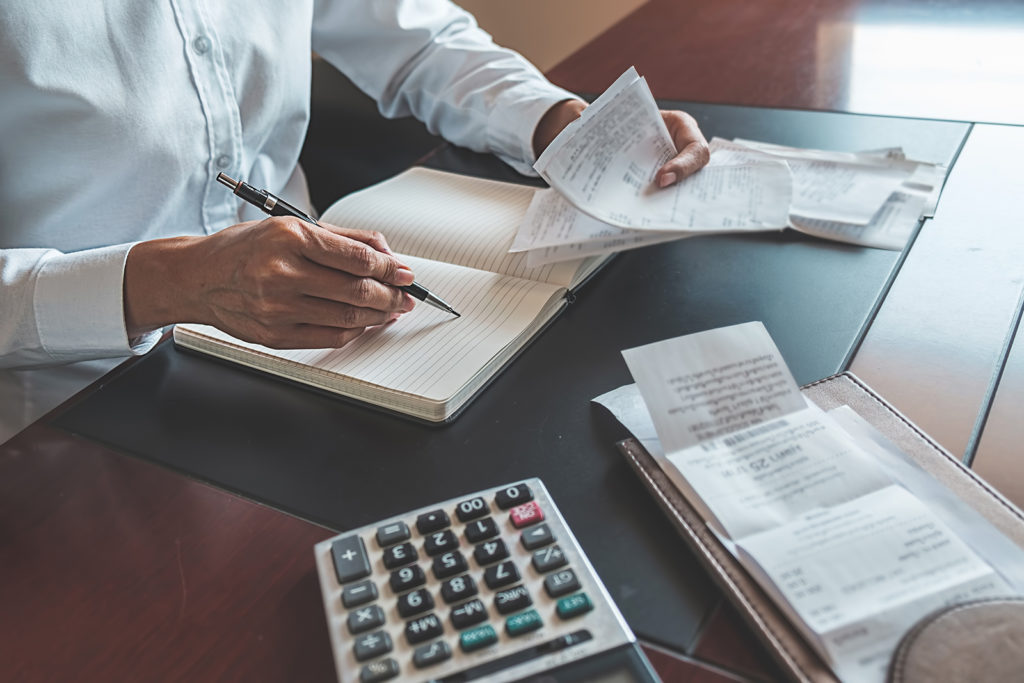
Although it’s a process intended to help debtors to deal with their situation, bankruptcy isn’t cheap and a £130 application fee and £550 deposit apply in England and Wales. You may be able to pay these fees in instalments.
What happens during a bankruptcy court hearing?
In many cases you won’t have to attend a court hearing as part of the bankruptcy process, however, you may be required to meet with the Official Receiver who is appointed to administer your case.
During the hearing, all of your circumstances will be weighed up to decide if it is the right solution for you. If it is found that you are eligible and that your situation is unlikely to improve, you could be approved on the same day.
Can you have a joint bankruptcy?
Joint bankruptcy is only possible for business partners. For two people who are not in business together to become bankrupt, they will each need to apply separately – even if they are a couple.
Bankruptcy for Businesses
Bankruptcy for business is called liquidation, a process that stops the company from trading and looks to sell any available assets to repay outstanding debts. A company can enter liquidation even if it is solvent and able to pay its debts.
Restrictions
Applying for bankruptcy is not an easy route out of debt, and debtors will be subject to many rules and restrictions once an application has been accepted. For one thing, having your money and assets taken out of your control and handled by an appointed Receiver can be a difficult process. How much further credit you can apply for, what assets you can keep and even certain aspects of your career can be limited.
How does the bankruptcy register work?
Bankruptcy is a public process and all debtors who go bankrupt have their details recorded on the freely available Individual Insolvency Register. Your information will normally remain on the register until 3 months after you have been discharged.
Will I lose my home?
If you own your home, bankruptcy may affect your status and the Official Receiver appointed to your case might even decide that it is best to sell up and put the money towards your debts.
There are circumstances that can mean debtors keep their home, and this will vary from person to person based on things such as how many dependents live at the property.
How will bankruptcy affect my job?
In most cases going bankrupt should not affect your employment, but this really depends on your own circumstances. Some professional conduct bodies do prevent people from taking certain jobs, and it is likely that if you own a business you will no longer be able to act as a director.
Can you finance a car when bankrupt?
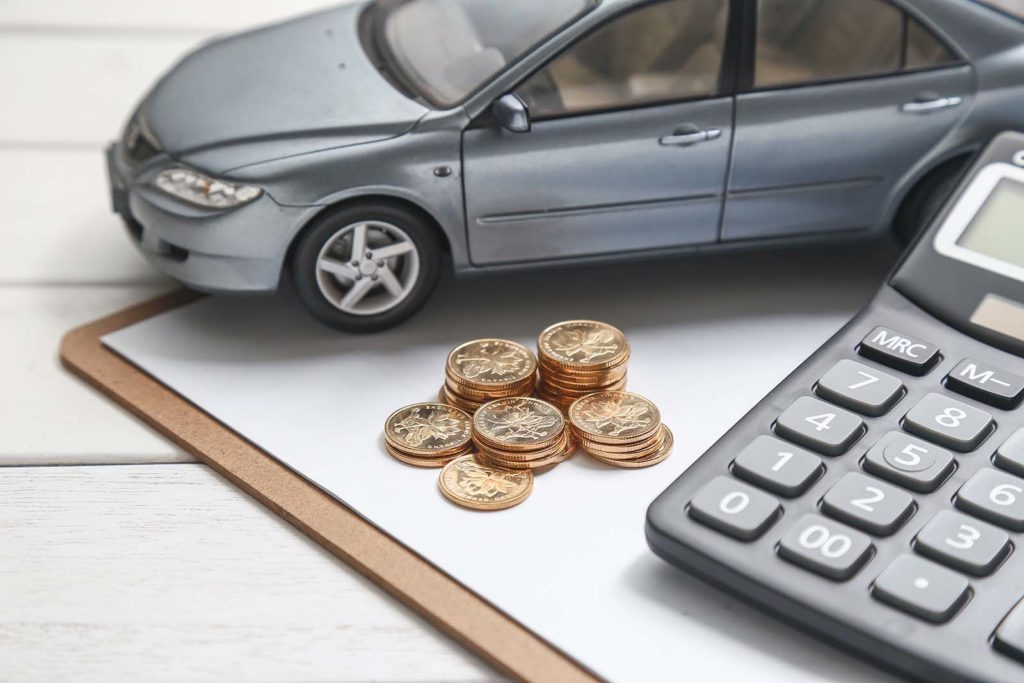
Because vehicles are classed as assets, they may be included within the process and can be sold to help pay off qualifying debts. You may be able to keep your vehicle, but this will depend on your personal circumstances.
Whilst, in theory, you could apply for car finance after bankruptcy, it could be much more difficult to get approved because of the effect it has on your credit score.
How will bankruptcy affect my pension?
Exactly what effect bankruptcy has on your pension will depend on your own circumstances. Savings in a pension fund cannot usually be sold to raise money for debtors, whist other savings might be classed as assets and put towards your debt.
How will it affect my income?
If during the bankruptcy process you find yourself with more income than is necessary to pay for your essential living costs, you may be required to pay this money to your creditors. If your monthly income meets the right criteria, you can be asked to contribute to paying off your debts (an Income Payments Agreement) or required to by a court if you refuse (an Income Payments Order).
How does it affect insurance?
A home, car or life insurance policy may be stopped, but this is not always the case. Bankruptcy won’t normally affect your ability to access car insurance in the future as providers don’t often ask about it. It can be a different story for home insurance, however, and the number of providers who are willing to insure a bankrupt or former one can be limited.
How to talk to family and friends about bankruptcy?
You don’t have to talk to your family and friends about your bankruptcy, but keep in mind that the information is freely available on the online Individual Insolvency Register, so they could find out anyway. Sometimes being open and honest is the best policy, as your friends and family may be able to help.
Is Bankruptcy available in Scotland?
Bankruptcy is slightly different in Scotland due to the country having its own separate legal system from the rest of the UK. For Scottish debtors, the process is known as sequestration.
Last Updated on August 31, 2023

